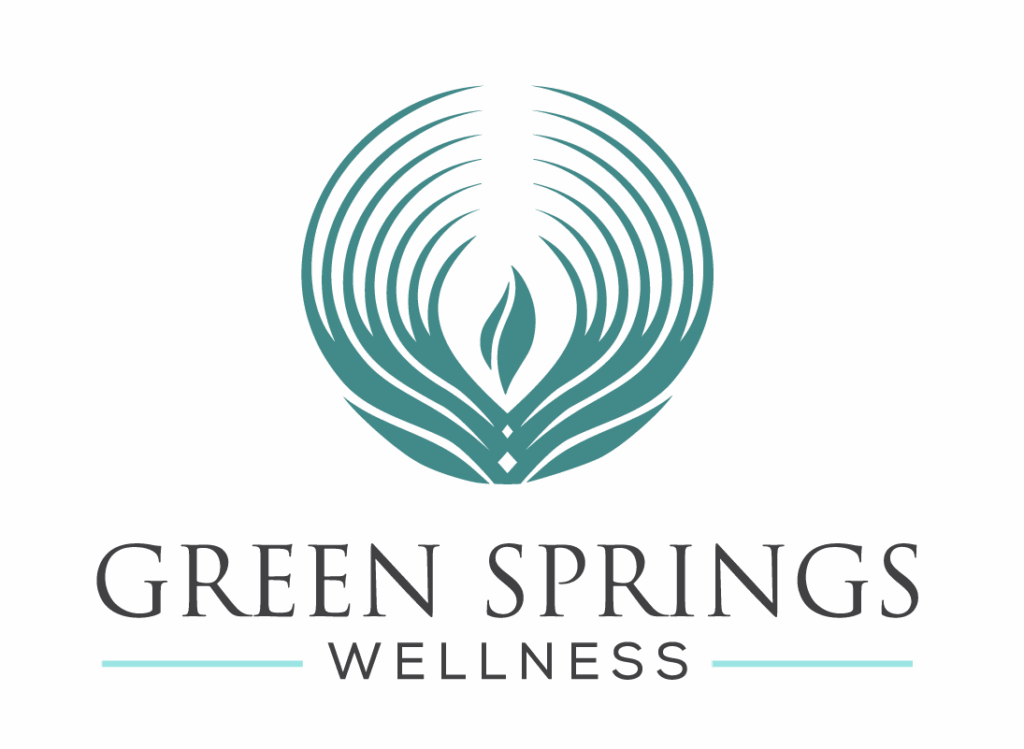12-Step Program in Hillsborough, NJ
What Is a 12-Step Program?
At Green Springs Wellness, we recognize that incorporating elements of the 12-Step Program not only enhances treatment outcomes but also provides individuals with a lasting support system beyond the completion of care.
Created by Alcoholics Anonymous, 12-step programs are support groups that help people recover from substance use disorders, behavioral health issues, and a variety of emotional and mental health conditions.
This approach can help individuals who are struggling with a substance use disorder develop new coping skills that assist them with abstinence from drugs and alcohol.
Some fast facts:
- 12-step programs have proven to be effective for people who suffer from substance abuse disorders, as well as those with co-occurring conditions.
- Attending regular meetings can improve psychosocial functioning and participants’ overall self-assurance.
- Attending a 12-step program while in treatment at a rehab center has been linked with better long-term outcomes.



Will a 12-Step Program Work for You?
“It works if you work it” is a common phrase among 12-step program members. In other words, how much you get out of the program depends on your effort to work through the steps, engage in self-improvement, and participate in meetings.
Studies show that consistently attending meetings multiple times a week leads to better substance abuse outcomes.2 If an individual is willing to “work it,” 12-step programs can provide an essential source of community and peer support.
Still, these programs are not for everyone. Here’s everything you need to know about 12-step programs to determine if they are a good next step for you.
What is a 12-Step Program?
A 12-step program is a plan that emphasizes the importance of accepting addiction as a disease that can be treated but never fully eliminated. The overarching goal is to provide participants the necessary supports to abstain from substances.
These supports include a sense of community acceptance and accountability that allow members to transition into long-term recovery. The groups involve a community of peers and a set of 12 guiding principles or “steps” to be followed in the recovery process. Groups offer free membership and are often run by members without the involvement of healthcare professionals.
Sponsors
The 12-step model places a strong emphasis on helping other members achieve and maintain sobriety. New members are encouraged to connect with a sponsor. This is a senior member of the 12-step program, who has been in recovery for at least one year. Sponsors are available to help people navigate the ins and outs of 12-step membership, answer questions, provide support while working on the 12-steps, and offer accountability.



What Are the 12 Steps?
The basic premise of the 12-step approach is that people can help each other achieve and maintain abstinence from substances. But first, they must admit they are powerless and surrender to a higher power, attend meetings, and work through the twelve steps.
The twelve steps, as outlined in Alcoholics Anonymous (the “Big Book”), are:
- Admit that you are powerless in your addiction and that your life has become unmanageable.
- Believe that a higher power can restore sanity.
- Make a decision to turn control over to a higher power.
- Take a moral inventory of yourself.
- Admit to the higher power, oneself, and others the wrongs that have been done as a result of your addiction.
- Be ready for the higher power to remove these moral shortcomings.
- Ask the higher power to remove these moral shortcomings.
- Make a list of all persons that have been harmed by your addiction and be willing to make amends to them all.
- Make direct amends to people wherever possible, except when doing so would injure them or others.
- Continue to take personal inventory and admit when you’re wrong.
- Seek enlightenment and connection with a higher power through meditation and prayer.
- Carry the message of the 12 steps to others in need.
Types of 12-Step Programs
There are over 200 different 12-step organizations—often referred to as fellowships—with membership in the millions across the globe. Some of the most common 12-step programs include:
- Alcoholics Anonymous (AA)
- Narcotics Anonymous (NA)
- Cocaine Anonymous (CA)
- Overeaters Anonymous (OA)
- Gamblers Anonymous (GA)
- Marijuana Anonymous (MA)
- Heroin Anonymous (HA)
- Co-Dependents Anonymous (CoDA)
- Debtors Anonymous (DA)
- Sexaholics Anonymous (SA)
Stories of Recovery
"I came to Green Springs Wellness Center during one of the hardest times in my life. The staff treated me with compassion, patience, and genuine care. The therapists were incredible—helping me understand my mental health and teaching me tools I still use every day. The environment is peaceful and private, which made it easy to open up and focus on myself. I can honestly say Green Springs gave me a new outlook on life."
"From my very first call, I knew Green Springs was different. The intake coordinator made the process easy and stress-free, and once I started my program, every therapist and staff member made me feel valued and heard. They truly go above and beyond to meet each client’s needs. I’ve made more progress here in a few months than I did in years of other programs."
"Green Springs Wellness Center offers the perfect balance of clinical excellence and human connection. The facility is beautiful and calming, and every group and session felt meaningful. They didn’t just help me manage my symptoms—they helped me rebuild my confidence and reconnect with who I am. I’d recommend Green Springs to anyone looking for real, lasting healing in a supportive setting."
Benefits of 12-Step Programs
Many people have found success through 12-step programs, either in conjunction with evidence-based treatment, as part of aftercare following rehab treatment, or simply by attending meetings on their own. Some of the benefits of attending a 12-step program include:
- Widely available
- In-person and online options
- Provides structure
- Offers sense of community
- Provides accountability
- Offers hope



Get Help With a 12-Step Program Today
Recovery is about more than just stopping drug or alcohol addiction. It’s about a new start, a brighter future, and a happier life. For many, 12-step groups are a source of safety, hope, guidance, dignity, and community. While it may take several tries to find the right 12-step group for you, attending your first meeting could be a healthy step in the right direction.
How to Reach Us
Location
390 Amwell Rd, Hillsborough, NJ 08844






